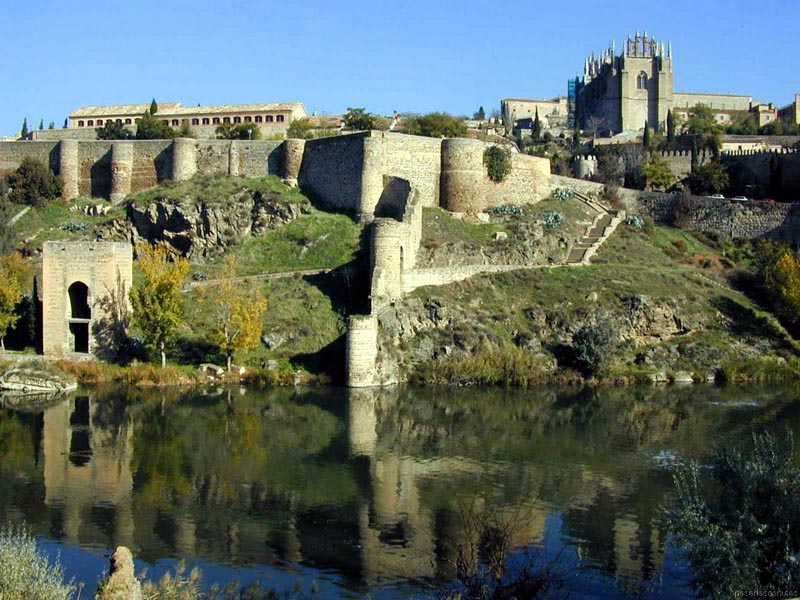Al-Andalus, Eight Centuries of History
In 1987, the Foundation (back then still called Western Institute of Islamic Culture), organized the I Congress of Islamic Culture, Al-Andalus, Eight Centuries of History. Toledo was chosen as the ideal location for these sessions, because it was at the time considered that the city’s great Muslim influence and traditions had not always enjoyed the […]
In 1987, the Foundation (back then still called Western Institute of Islamic Culture), organized the I Congress of Islamic Culture, Al-Andalus, Eight Centuries of History. Toledo was chosen as the ideal location for these sessions, because it was at the time considered that the city’s great Muslim influence and traditions had not always enjoyed the attention they deserved; this also served the purpose of challenging the popular assumption that identifies al-Andalus with Andalusia, ignoring in many occasions the rich Hispanic-Muslim heritage so evident in other regions of the Iberian Peninsula.
As happened in medieval times at the Toledo School of Translators, during these days the multidisciplinary contents of lectures and colloquia delivered during the congress revived the intense Hispanic-Muslim intellectual exchanges of yore on science, philosophy and art. Along with the lectures and debates, a gastronomical program, a musical recital and an exhibition also took place simultaneously to the main event.
World-class specialists from diverse countries participated in the sessions, (to name just a few: Julio Caro Baroja, Mahmud Ali Makki, Mohammed Arkoun, Juan Vernet, Christian Ewert and Antonio Vallejo, among others). The seminars were sponsored by the local government, La Junta de Comunidades de Castilla-La Mancha, the Toledo City Council and the Spanish Culture Ministry, among other organizations.



